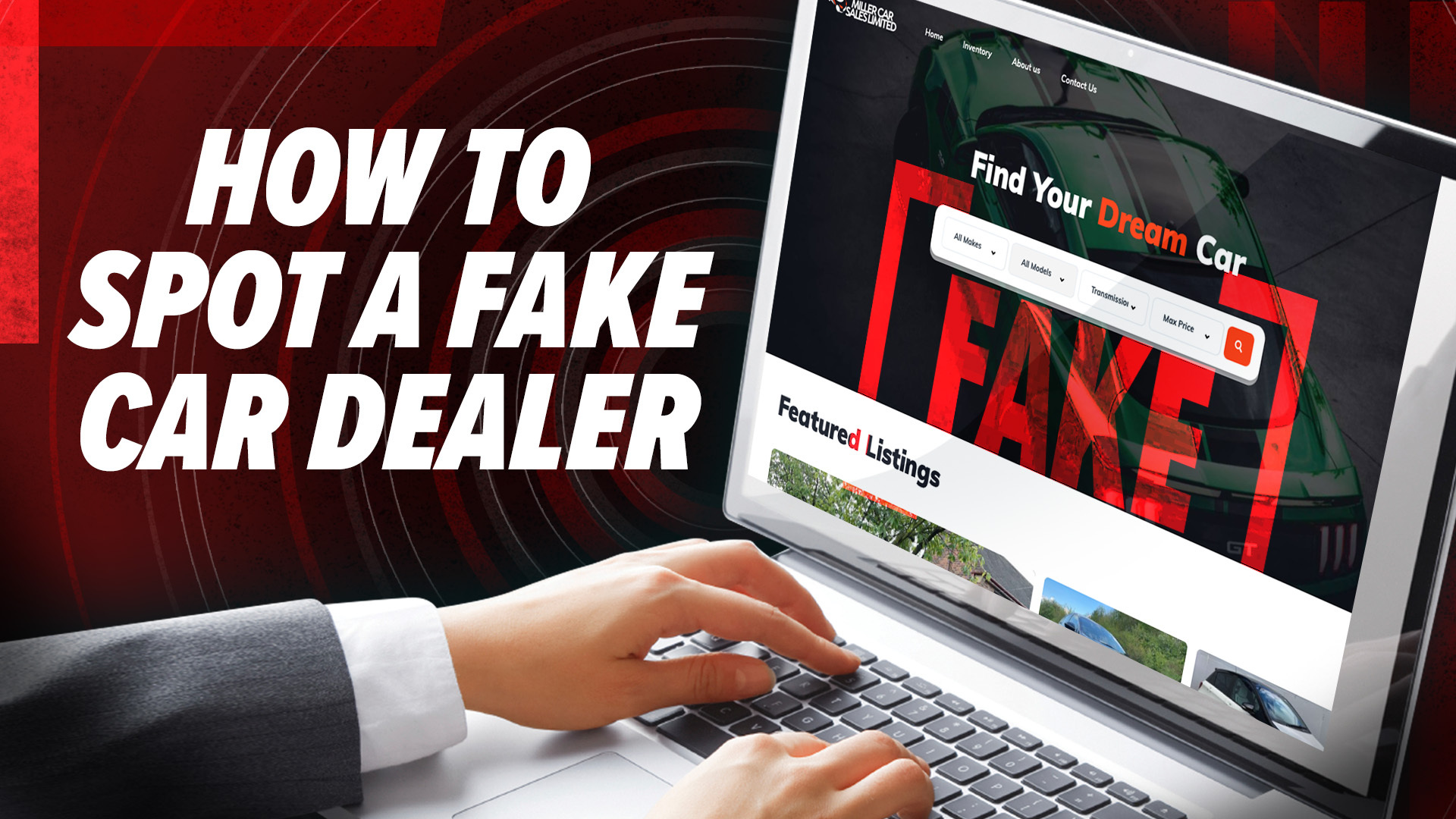Car Dealer has been reporting on scam car dealers for more than 12 months but the crooks behind these websites are relentless, with car buyers telling us every week of new businesses they believe could be fraudulent.
The way these businesses or individuals operate hasn’t remained the same, though. We’ve reported on fake car auctions, haulage companies that also sell cars and subscription services that buy seized vehicles.
The tell-tale signs have remained the same, however, with these companies offering unbelievably cheap cars that make buyers want to believe they are true.
You can find our list of all the scams we’ve found so far here.
Here are some of the techniques that con artists are using to scam car buyers online.
Escrow payments
One of the latest schemes we’re seeing is fake car dealers telling consumers they are paying money into an escrow account – that is, a third party’s account while the transaction is completed.
These include Clonlum Haulage and Carrogs Logistics, where the scam car dealers have assumed the names of genuine businesses.
Over email, these cons send a convincing invoice and say that the money will go into an escrow account, giving the buyer 10 days to change their mind once the vehicle has arrived.
One of the fake firms claimed to use Beza Ltd to provide the escrow service, but the company was dissolved in 2021.
Online auctions
Online auctions make it easy for these fake dealers to use lots of pictures from various websites and offer them at insanely cheap prices.
Looking at these websites, buyers need to ask themselves why anyone would sell cars so cheap when they don’t need to.
Often these websites don’t have the terms and conditions or a written policy that would be required to operate an online auction.
A look through the pages will often show that the text has been copied and pasted from elsewhere on the internet, and gives little to no information on where these vehicles have come from.
Seized vehicles
Many scam car dealer websites use the excuse that these are seized vehicles and that’s why they’re so cheap.
This should be a huge red flag to undergo more checks and ask to see the car before you buy.
If a car dealer is in possession of the vehicle, they should be able to send you more photos or a video of the car. On many of the websites we’ve seen, there is only one image of the vehicle.
Use the Brego car check to see when this car was last sold and how much it should be worth. A low price and recently sold car should be an indication that something isn’t right.
Haulage companies
Haulage firms offering cheap cars is becoming a new favourite for scam car dealers.
They often use the fact the car is being transported as an excuse for why you can’t visit it or have more photos taken.
In some cases, they will say that the car is secured in a yard and that’s also why you can’t see it, similar to those that have been seized and are claimed to be in police compounds.
When you look up these companies online you’ll often find the real business on Companies House but they don’t state that they offer any car sales.
£1 bank transfer
Scam car dealers often want a bank transfer because it makes it much harder for your bank to reclaim the money after.
While this isn’t exclusive proof that a car dealer is fake, as many car dealers will want you to pay by bank transfer, if you have any concerns, you shouldn’t proceed with the sale unless you can guarantee that this really is the car.
Asking you to pay £1 first does falsely build confidence that your money will be safe, though, as many duped customers have told us already.
This is almost always used by the scam car dealers, but if they don’t do this it is not conclusive proof.
We have also seen a few fake car dealers using payment processors where customers can buy using a credit card.
No website
The tried and tested route for scam dealers has been a Facebook advert backed up by a website using a fake name. However, we’ve also seen some car dealers fooling consumers with no website at all.
These fake businesses have created an equally fake location on Google Maps, but when buyers turn up for their car there’s no business there.
In other cases, con artists pretend to work at real dealerships and use their address for their fake business.
Multiple websites
If you think you’ve spotted a fake website, copying and pasting some of the website text into Google can turn up other websites that are identical but with different names.
In these cases, the same criminal can be operating a number of websites in preparation for one being removed.
Sometimes you’ll also find the content used on real car dealer websites, including reviews in some cases.
If you think you have found a scam car dealer, you can check the vehicle details here or email [email protected].
But always remember the golden rule: if it seems too good to be true, then that’s very probably the case!


































